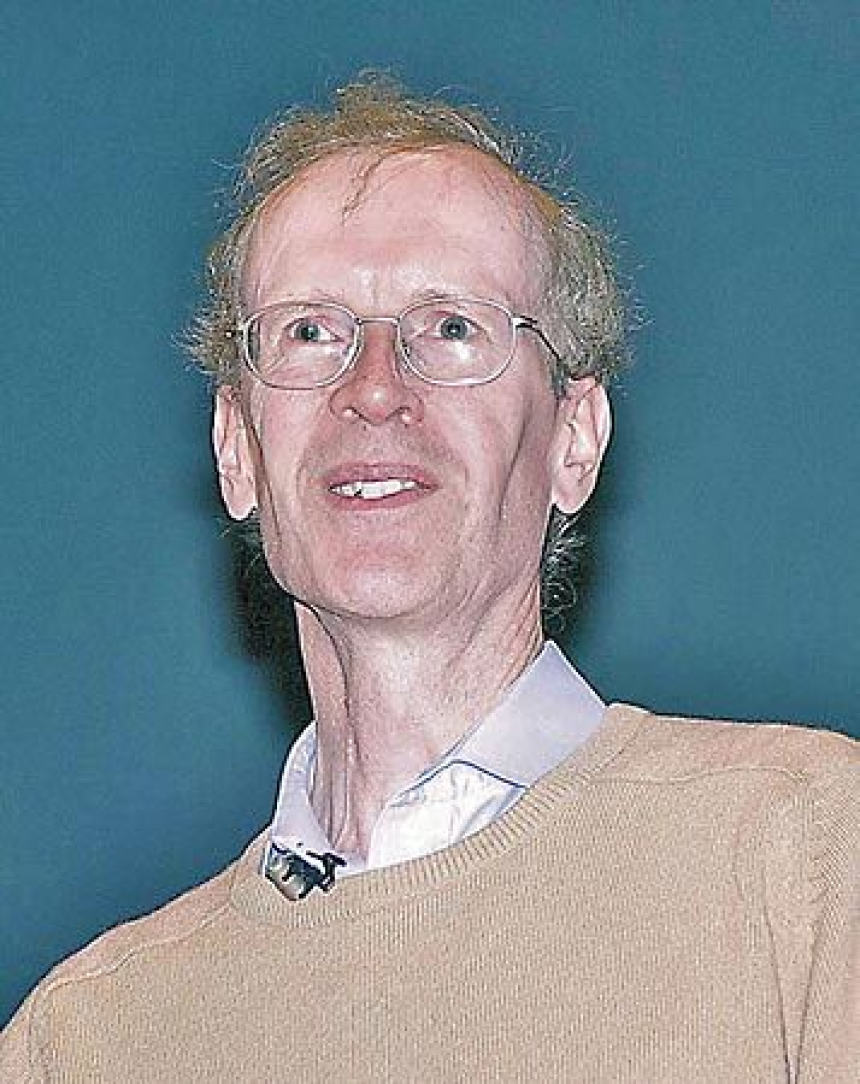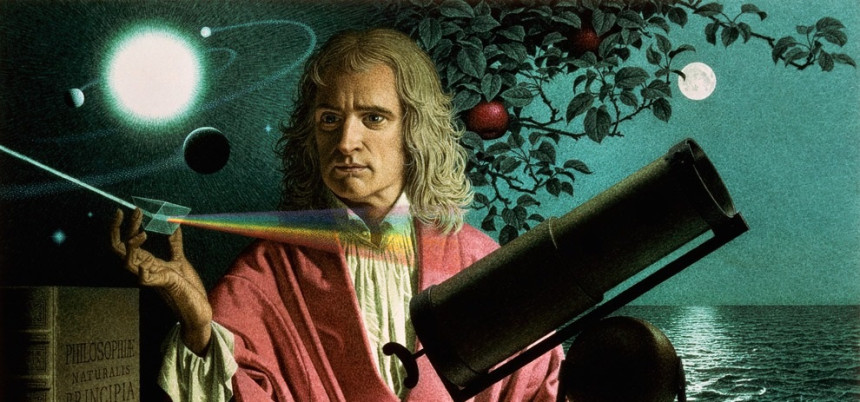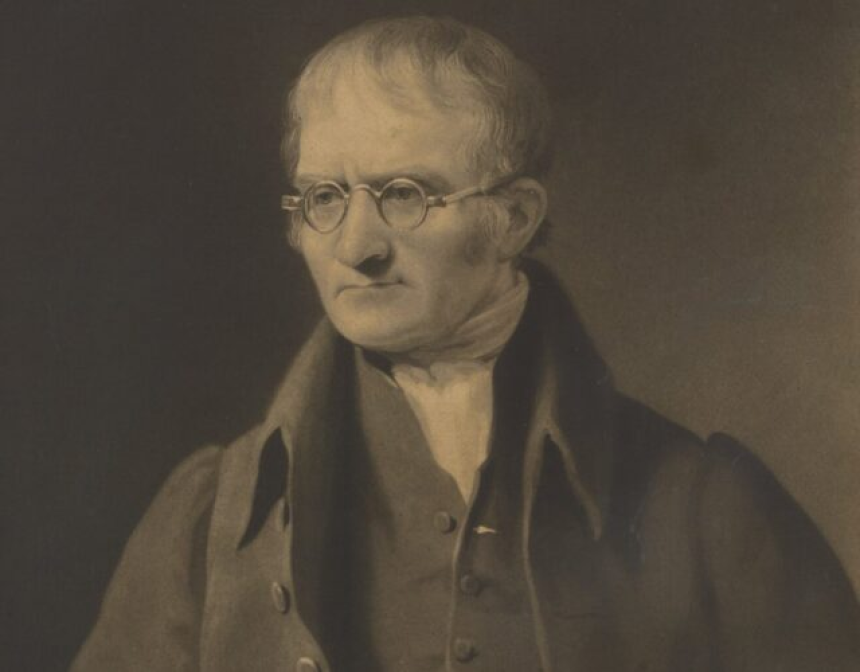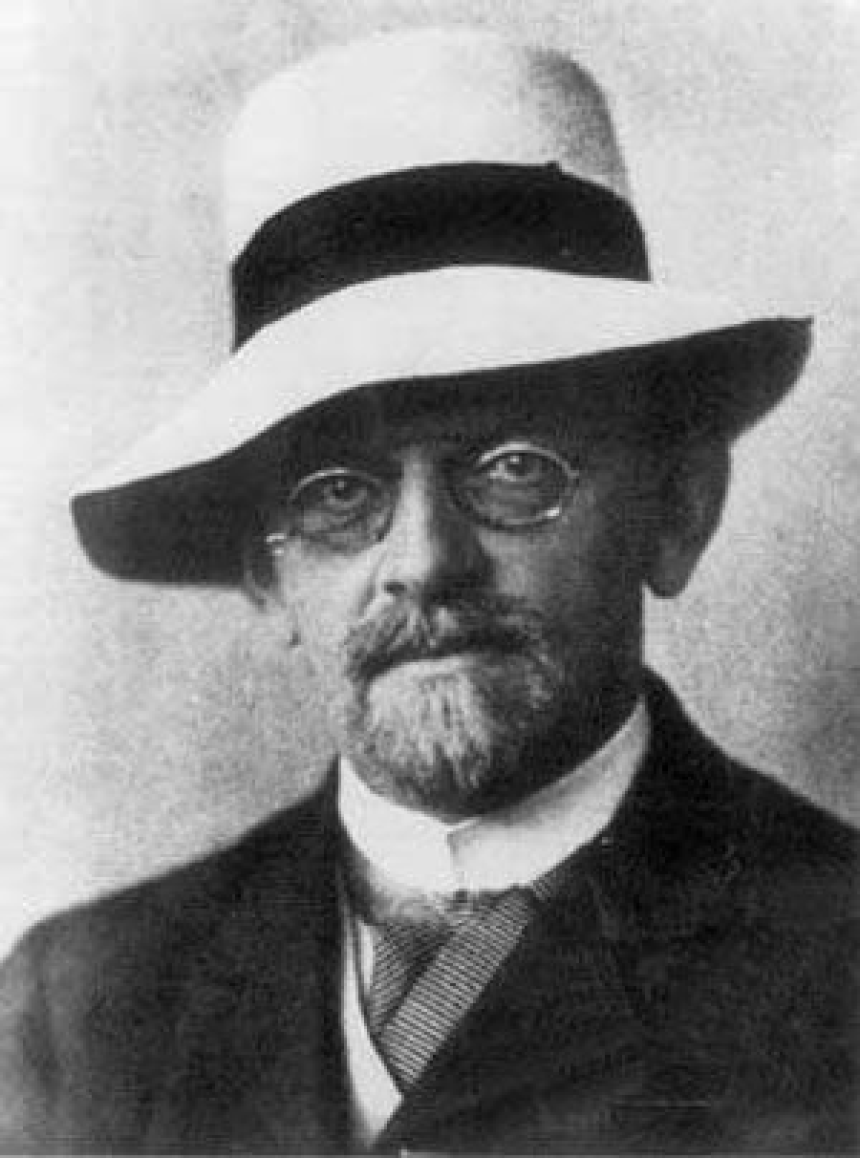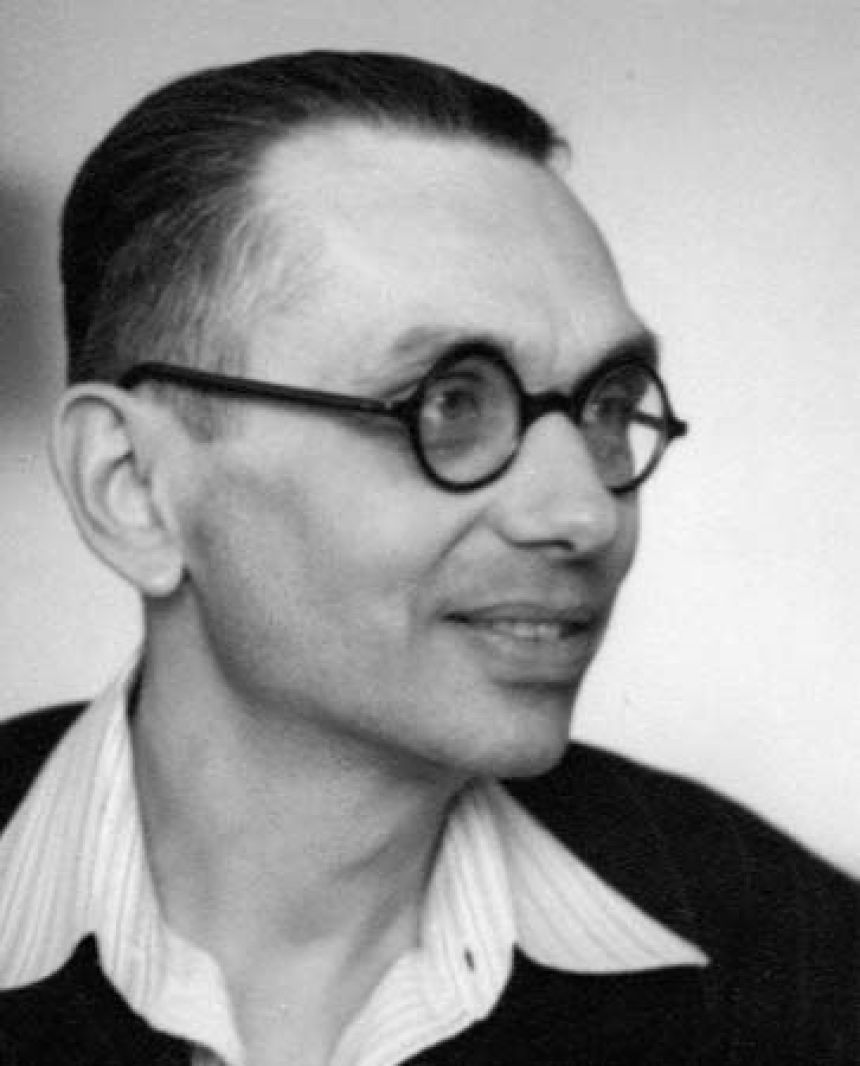
Kurt Gdel
Kurt Gödel: The Mathematician Who Redefined Logic
Kurt Gödel: The Mathematician Who Redefined LogicMathematics has always been considered the language of logic, but one mathematician revolutionized this field by challenging its very foundations. Kurt Gödel, an Austrian-born mathematician, made groundbreaking contributions to the study of logic and mathematics in the early 20th century. His ideas not only transformed our understanding of logic but also had a profound impact on various fields, including computer science, philosophy, and artificial intelligence.
Early Life and EducationKurt Gödel was born on April 28, 1906, in Brünn, Austria-Hungary (now Brno, Czech Republic). From a young age, Gödel displayed exceptional mathematical talent, impressing both his teachers and peers. He went on to study at the University of Vienna, where he delved deep into the foundations of mathematics.
During his time at the university, Gödel encountered various mathematical theories and works by renowned mathematicians such as Georg Cantor, David Hilbert, and Bertrand Russell. These influences shaped his thinking and laid the groundwork for his future groundbreaking contributions.
Gödel's Incompleteness TheoremsGödel's most famous achievement is his incompleteness theorems, which he presented in his doctoral dissertation in 1931. These theorems shook the foundations of mathematics and had far-reaching implications for the field.
The first incompleteness theorem, also known as Gödel's first incompleteness theorem, states that in any consistent formal system of mathematics that is expressive enough to represent arithmetic, there exist true statements that cannot be proven within the system itself. In other words, there will always be undecidable propositions within any formal mathematical system.
The second incompleteness theorem, known as Gödel's second incompleteness theorem, builds upon the first theorem. It states that no consistent formal system that is expressive enough to represent arithmetic can prove its own consistency.
These groundbreaking theorems shattered the belief that mathematics could provide a complete and consistent set of axioms for all mathematical truths. Gödel's work fundamentally changed the landscape of mathematics and logic, posing profound philosophical and epistemological questions.
Impact on Computer Science and Artificial IntelligenceGödel's incompleteness theorems had a profound impact on the development of computer science and artificial intelligence. They showed that there are inherent limitations to what mathematical logic can achieve and that there will always be undecidable problems.
These findings have significant implications for computer algorithms and computational complexity theory. They demonstrate that certain problems cannot be solved algorithmically, as proven by Gödel's incompleteness theorems. This understanding has led to the development of alternative approaches in the field of computer science.
Additionally, Gödel's work on formal systems and logic laid the groundwork for the development of proof theory, which is now a crucial field in computer science and mathematics. Proof theory focuses on formalizing mathematical proofs and understanding the structure of formal systems.
Legacy and RecognitionGödel's contributions to mathematics, logic, and philosophy continue to be celebrated and studied to this day. His work revolutionized our understanding of logic and mathematics, challenging the traditional views held by mathematicians and philosophers. He demonstrated the limitations of formal systems and showed that there will always be unanswerable questions and undecidable propositions.
In recognition of his groundbreaking work, Gödel was awarded several prestigious honors, including the Albert Einstein Award and the National Medal of Science in the United States. His ideas continue to shape the way we approach mathematics, logic, and computer science.
Frequently Asked Questions (FAQs)1. How did Kurt Gödel's incompleteness theorems impact mathematics?
Kurt Gödel's incompleteness theorems shattered the belief that mathematics could provide a complete and consistent set of axioms for all mathematical truths. His work highlighted the presence of undecidable propositions within formal mathematical systems, fundamentally changing the landscape of mathematics and forcing mathematicians to reevaluate their approach.
2. What are the implications of Gödel's incompleteness theorems for computer science?
Gödel's incompleteness theorems have significant implications for computer science. They demonstrate the limitations of mathematical logic and algorithms, revealing that certain problems cannot be solved algorithmically. This understanding has led to the development of alternative approaches and fields such as computational complexity theory and proof theory.
3. How did Gödel's work influence the field of artificial intelligence?
Gödel's work influenced the field of artificial intelligence by highlighting the limitations of formal systems and mathematical logic. His theorems demonstrated the presence of undecidable problems and unanswerable questions, challenging the idea that all problems could be solved algorithmically. This understanding has shaped the development of alternative approaches and algorithms in the field of artificial intelligence.
4. What recognition did Kurt Gödel receive for his work?
Kurt Gödel received several prestigious honors for his groundbreaking work, including the Albert Einstein Award and the National Medal of Science in the United States. His contributions continue to be celebrated and studied, and his ideas remain influential in the fields of mathematics, logic, and computer science.
5. How did Gödel's work impact philosophy?
Gödel's work had a profound impact on philosophy by challenging traditional views on mathematics, logic, and knowledge. His incompleteness theorems raised deep philosophical and epistemological questions, highlighting the limitations of formal systems and questioning the possibility of complete and consistent axiomatic systems. Gödel's ideas continue to shape philosophical debates and discussions.

